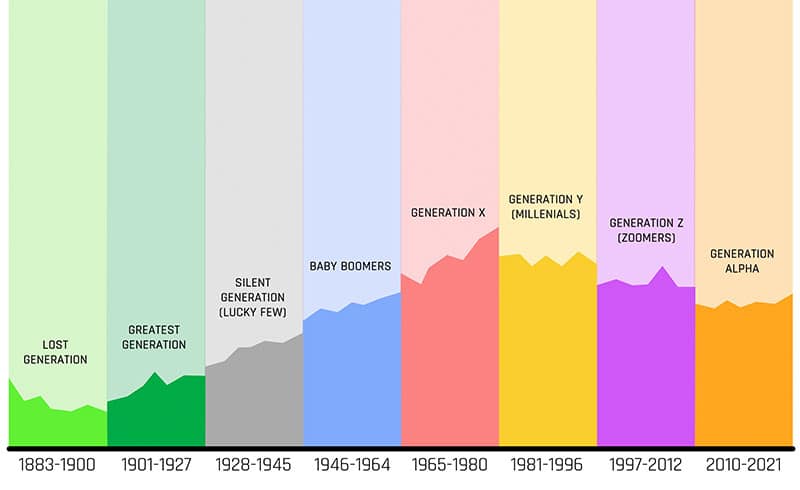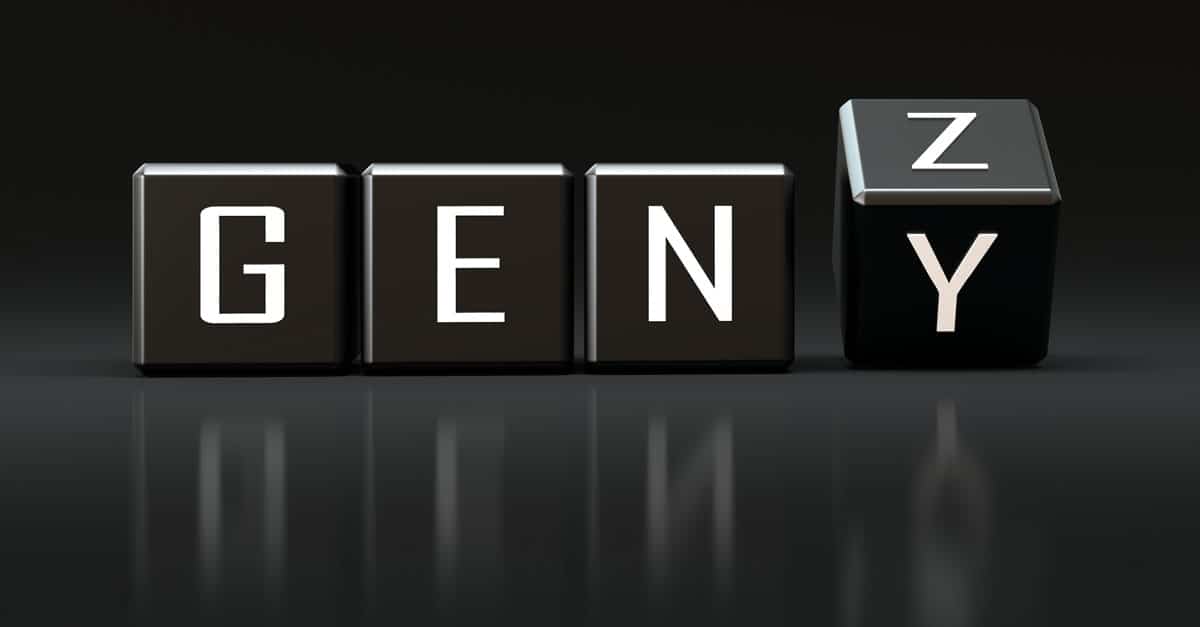According to a recent Bank of America study, 75% of Americans between 21 and 42 years of age don’t think it’s possible to achieve above-average returns solely by investing in traditional stocks and bonds. That’s compared to 32% of investors over the age of 43 who believe the same. 75% of Millennials, compared to 21% of older respondents, invest in sustainable products and ventures.
Where are Young Investors putting their money?
- Real Estate. Millennials accounted for 43% of all home purchases in the U.S. in 2021. Real estate is a tangible asset that can provide consistent and reliable returns over time. If investing in residential or commercial real estate, one can rent out the properties, providing passive income.
- Peer-To-Peer Lending. These lending platforms enable individuals to obtain loans directly from other individuals, cutting out the middleman. They connect borrowers with investors, providing an opportunity for investors to earn returns by lending money to individuals and businesses. Through P2P lending, it’s often possible to access a much higher rate of return than is currently available from other investments.
- Investment Crowdfunding. When investors pool their money together to fund a specific project, business, or venture, i.e., a startup, an expanding business, or even real estate, it is the right situation for millenial investors. Businesses can more easily raise capital by allowing anyone to invest, which can provide an opportunity for investors to support projects they believe in while also earning a return. Small and medium-sized businesses greatly benefit from investment crowdfunding because it allows them easier access to investor capital.
- Commodities. Gold, oil, and agricultural products, are an asset class made up of raw materials used to make consumer goods. Investors often see commodities as a hedge against inflation and market volatility. Commodities are also changing. With the advent of climate change, many investors seek to invest in clean energy or even potable water.
- Collectibles. There’s nothing better than having the opportunity to invest in the things you love and cherish. Art, antiques, rare books, sneakers, NFTs (non-fungible tokens), vintage wines, watches, other jewellery, and even baseball cards can provide opportunities for long-term gains as the value of these items appreciates over time. This is particularly good news for young, stock market-wary investors. Collectibles have a low correlation with traditional financial investments, making them a perfect place to preserve capital in volatile times.

Generation Z: digitally born, digitally demanding
Similar figures come from the 16th edition of Deloitte’s Digital Media Trends survey (2023). Still, in their investments, more than half of American Gen Z people invest mainly through platforms such as the American online stockbroker Robinhood. This is less the case in Europe, but there is a demand for it. According to a survey by online brokerage firm Bux and Kantar, a third of French 18–24-year-olds want to learn more about investing to get started.
Young people mainly follow the advice of influencers on social media. They invest in cryptocurrencies and individual stocks, with serious consequences for stock prices, such as the so-called meme coins, whose price skyrockets purely on social media posts.
Digitally born, digitally demanding: to track their wealth, the youngest generation of investors uses digital wealth management platforms more than their predecessors. Increased digitalization and expectations for personalised engagements are the foundation for the innovations that Gen Z is driving. They prefer mobile apps and online solutions to traditional cash or card payments. They look for app solutions where they can have 24/7 access to their wealth data. As the first digitally native generation, Gen Z expects personalised digital solutions, user-friendly interfaces, and digital offers that cater to their expectations and preferences. Collaboration with FinTech and embracing new business models are imperative.
Elevate Your Wealth Game: Empowering UHNWIs for Simplified Asset Management. Altoo Platform Preview









